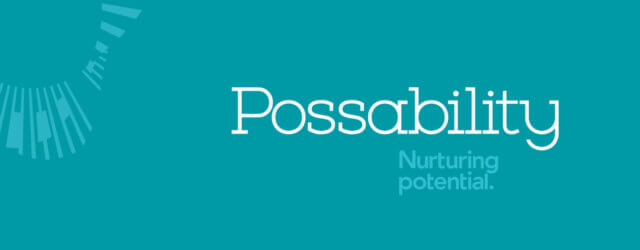
Positive Behaviour Support (PBS)
The Applied Research Centre for Disability and Wellbeing (ARCDW) is committed to linking researchers, positive behaviour support practitioners and service providers to support the translation of evidence based research in PBS to practice that improves the quality of life of people with disability and eliminates the use of restrictive practices.
Resources to support PBS practitioners and providers in implementing evidence based positive behaviour support.
The MEBS framework for comprehensive functional assessment and behavioural support planning is an evidence based model for delivering the multi-component framework of PBS described in (Gore et al., 2013 and 2022) .
The ARCDW will provide links to free resources available for providers and PBS practitioners to access literature that informs their application of PBS and supports quality of life and elimination of restrictive practices. Our aim is to provide information, tools and guidance for ensuring strong processes and good practices including our own publications which focus on training practitioners, outcomes of MEBs interventiontions and non aversive, laest restrictive approaches to crisis management, (Crates and Spicer 2012, Spicer and Crates 2016, Crates and Spicer 2016).
Conducting research with and for service providers.
Delivering research that supports service providers.
ARCDW’s research focus is to promote the wellbeing of people with intellectual disability. Values and evidenced based PBS has a sifgnificant role to play in this area.
Our current research projects include the following:
- a project looking at how to assess the severity of crises involving behaviours of concern; and
- a project to provide a plain English literature review describing the evidence base for MEBs .
To find out more please visit our Current Projects Page.
References:
La Vigna, G., et al (2022 in press), “Needed Independent and Dependent Variables in Multi-Element Behavior Support Plans Addressing Severe Behavior Problems,” Perspectives on Behavior Science. (Free access link coming soon)
LaVigna, G. and Willis, T. (2005), "A Positive Behavioural Support Model for Breaking the Barriers to Social and Community Inclusion", Tizard Learning Disability Review, Vol. 10 No. 2, pp. 16-23.
Crates, N. and Spicer, M. (2012). Developing behavioural training services to meet defined standards within an Australian statewide disability service system and the associated client outcomes. Journal of Intellectual & Developmental Disability, 37(3), pp.196- 208.
Spicer, M. and Crates, N. (2016). Non-aversive reactive strategies for reducing the episodic severity of aggression. The International Journal of Positive Behavioural Support, 6(1), pp.35-51.
Crates, N. and Spicer, M. (2016). Reactive strategies within a positive behavior support framework for reducing the episodic severity of aggression. The International Journal of Positive Behavioural Support, 6(1), pp.24-34.
Spicer, M., & Crates, N. Non-aversive Reactive Strategies (NARS) to reduce the episodic severity of aggression and to reduce the need for restrictive practices (2016). In R. P. Liberman & G. W LaVigna (Eds.), New directions for the treatment of aggressive behavior in persons with mental and developmental disabilities. Nova Science Publishers, Inc., Hauppauge, NY
Crates, N and Spicer, M (2016) ‘Reactive strategies within a positive behavioural support framework for reducing the episodic severity of aggression’, International Journal of Positive Behavioural Support, 6(1), 24–34.
Links: Resources
Please visit our Resources page.
Meet the ARCDW team members working on positive behaviour support

Nicola Crates
Director of Practice Innovation and Service Development

Dr Kristen Webb
Practice Leader
Help us improve disability care.
Help us continue our work by making a donation today.




